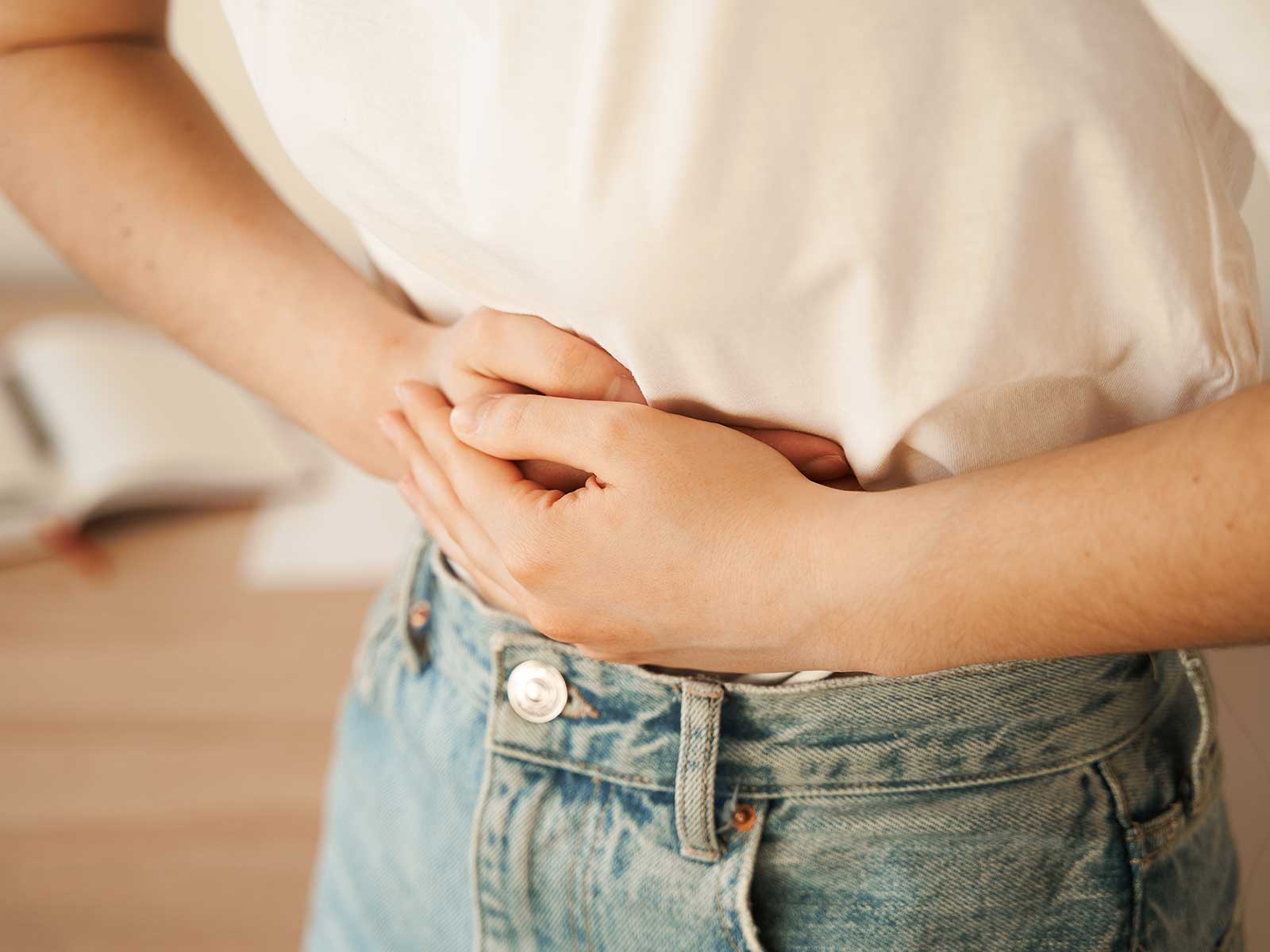
Gastric mucosa erosion without bleeding is a mild injury to the stomach lining. These spots remain shallow and do not extend into the stomach wall. Unlike ulcers, they do not bleed or cause severe pain. You may feel irritation or a burning sensation, especially after meals.
Symptoms are usually mild and may appear off and on. You might notice:
Several factors can irritate the stomach lining and cause erosion:
GastroDoxs in Houston is focused on your care and comfort, providing professional diagnostics and tailored treatments. Our team of gastroenterologists applies the latest methods to accurately diagnose gastric erosion and design a personalized plan that addresses both your symptoms and your lifestyle and wellness goals. Ready to find relief? Schedule your consultation online through our website or call us to take the next step toward a healthier stomach.
We've successfully treated more than 1.5K patients, helping individuals improve their digestive health and overall well-being through expert, personalized care.
With over 20 years of experience, GastroDoxs has been a trusted provider of gastroenterology care, focusing on delivering the best outcomes for patients
Gastric erosion without bleeding is one of the mild stomach lining injuries that does not cause bleeding. It often results in mild irritation or a burning sensation.
Erosions are minor and limited to the stomach’s lining, while ulcers are deeper wounds that extend into the stomach wall and are more likely to bleed and cause significant pain.
The ICD-10 code for gastric erosion without bleeding is K29.70.
Common causes include prolonged use of NSAIDs such as aspirin or ibuprofen, infection by H. pylori bacteria, high stress levels, and frequent consumption of spicy foods, alcohol, or coffee.
Diagnosis is typically done through an upper endoscopy to visualize the stomach lining, and additional tests may be performed to detect the presence of H. pylori infection.
Treatment may involve acid-reducing medications such as PPIs or H2 blockers, discontinuing or replacing NSAIDs, making dietary changes, managing stress, and taking antibiotics if H. pylori infection is confirmed.
Mild cases may improve through diet and stress relief, but it’s essential to consult a doctor before relying entirely on lifestyle adjustments for recovery.
Most individuals experience relief and healing within 4 to 8 weeks of appropriate treatment.
You should visit a gastroenterologist if symptoms persist, worsen, or affect your daily life, even after initial self-care measures.
Follow-up appointments help ensure complete healing, detect potential complications early, and prevent recurrence through ongoing monitoring and necessary adjustments.